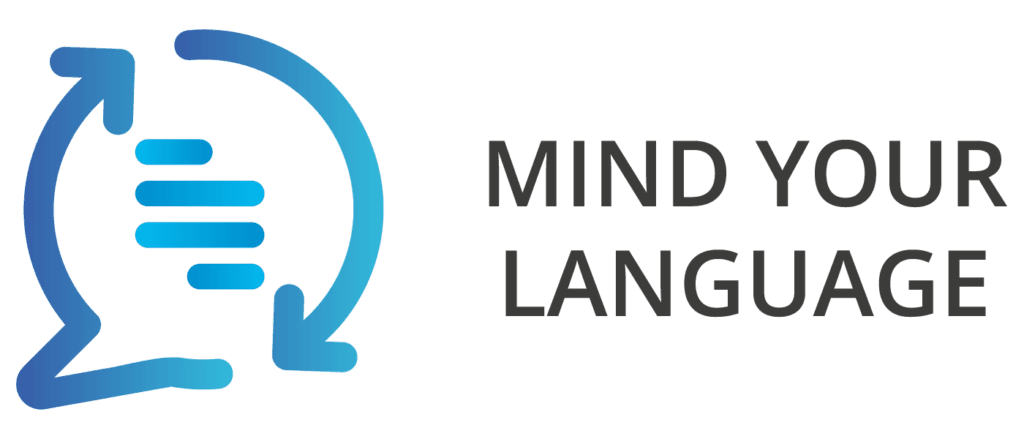Maintaining consistency in your work
Our translators make a consistent effort to refer to the terms provided in our Clients’ glossaries, in order to ensure that they are familiar with their required style, tone and content. They also highlight the importance of checking your translation after completing a job, in case any mistakes may have slipped through the cracks.
Conducting research on your Client
Our translators know the importance of googling key words when they’re unsure, by referring to the Client’s online resources (website, etc). By utilising “smart research” actions, translators are able to generate more accurate results when researching. Good research ensures that translators are understanding the context and required style of the Client.
Making use of references and translation briefs
Our translators always take the time to familiarise themselves with a Client’s brief. By summarising and identifying the key elements and words in their references, they are then able to encapsulate the correct terminology and style into their work. They also pay close attention to special requests and comments made by Clients when they submit their jobs and ask for clarifications where necessary.
















